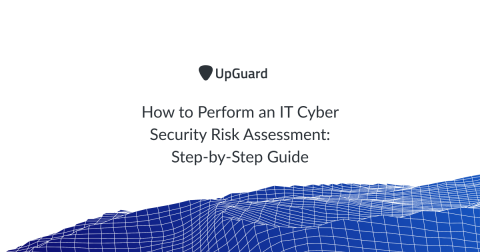ZenGRC Named 2021 Governance, Risk and Compliance Emotional Footprint Award Champion
SAN FRANCISCO – February 4, 2021 – Reciprocity announces today that ZenGRC, the industry-leading information security risk and compliance solution, was named 2021 Governance, Risk and Compliance Emotional Footprint Award Champion by Info-Tech Research Group’s SoftwareReviews. The Champion designation is awarded to the vendors that receive top user scores.








